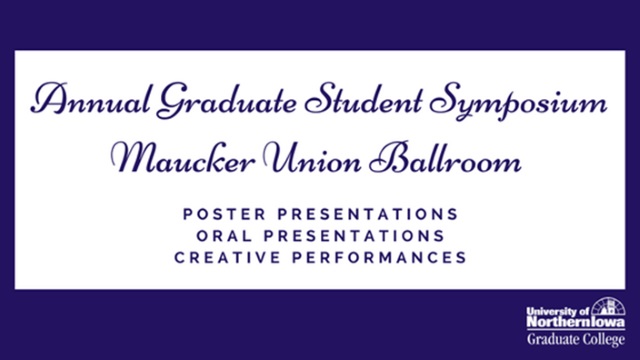
Complete Schedule
Apart: A Short Fiction Story
Presentation Type
Creative Performance (Electronic Copy Not Available)
Abstract
When introduced into the vernacular in the late 1600s, the term nostalgia was intended to describe a unique sense of homesickness among Swiss soldiers. The feeling of nostalgia is one that conflates positive and negative emotions, a romanticizing of the past mixed with a sadness that one can never truly return to that moment in time. “Apart,” of which an earlier draft was published in The Gambler in Summer 2016, explores this theme of nostalgia on a focused, interpersonal level between two friends who have grown apart. Over lunch, the unnamed narrator and her friend Carrie share a strained conversation in which it becomes obvious that the two are no longer really friends. Contrasted with the present, the narrator explores memories of their girlhood friendship; these memories, while remembered with a sense of nostalgia, are complicated by emergent sexuality, inequity of power, and religious and spiritual differences. As the narrator explores these memories that are neither entirely positive nor negative, it is suggested that the reasons behind their failed friendship are more complex than simply falling out of touch due to physical distance. “Apart” attempts to quietly examine, in under 1500 words, the complexities of friendships that have transitioned from childhood to adulthood. In particular, it is a piece that questions the reliance on nostalgia to maintain a sense of affection and positivity between two parties. It is an analysis of emotional homesickness, memory, and letting go.
Start Date
4-4-2017 12:00 PM
End Date
4-4-2017 2:30 PM
Faculty Advisor
Jeremy Schraffenberger
Department
Department of Languages and Literatures
Copyright
©2017 Jen Corrigan
Embargo Date
4-4-2017
Apart: A Short Fiction Story
When introduced into the vernacular in the late 1600s, the term nostalgia was intended to describe a unique sense of homesickness among Swiss soldiers. The feeling of nostalgia is one that conflates positive and negative emotions, a romanticizing of the past mixed with a sadness that one can never truly return to that moment in time. “Apart,” of which an earlier draft was published in The Gambler in Summer 2016, explores this theme of nostalgia on a focused, interpersonal level between two friends who have grown apart. Over lunch, the unnamed narrator and her friend Carrie share a strained conversation in which it becomes obvious that the two are no longer really friends. Contrasted with the present, the narrator explores memories of their girlhood friendship; these memories, while remembered with a sense of nostalgia, are complicated by emergent sexuality, inequity of power, and religious and spiritual differences. As the narrator explores these memories that are neither entirely positive nor negative, it is suggested that the reasons behind their failed friendship are more complex than simply falling out of touch due to physical distance. “Apart” attempts to quietly examine, in under 1500 words, the complexities of friendships that have transitioned from childhood to adulthood. In particular, it is a piece that questions the reliance on nostalgia to maintain a sense of affection and positivity between two parties. It is an analysis of emotional homesickness, memory, and letting go.



Comments
Location: Great Reading Room, Seerley Hall